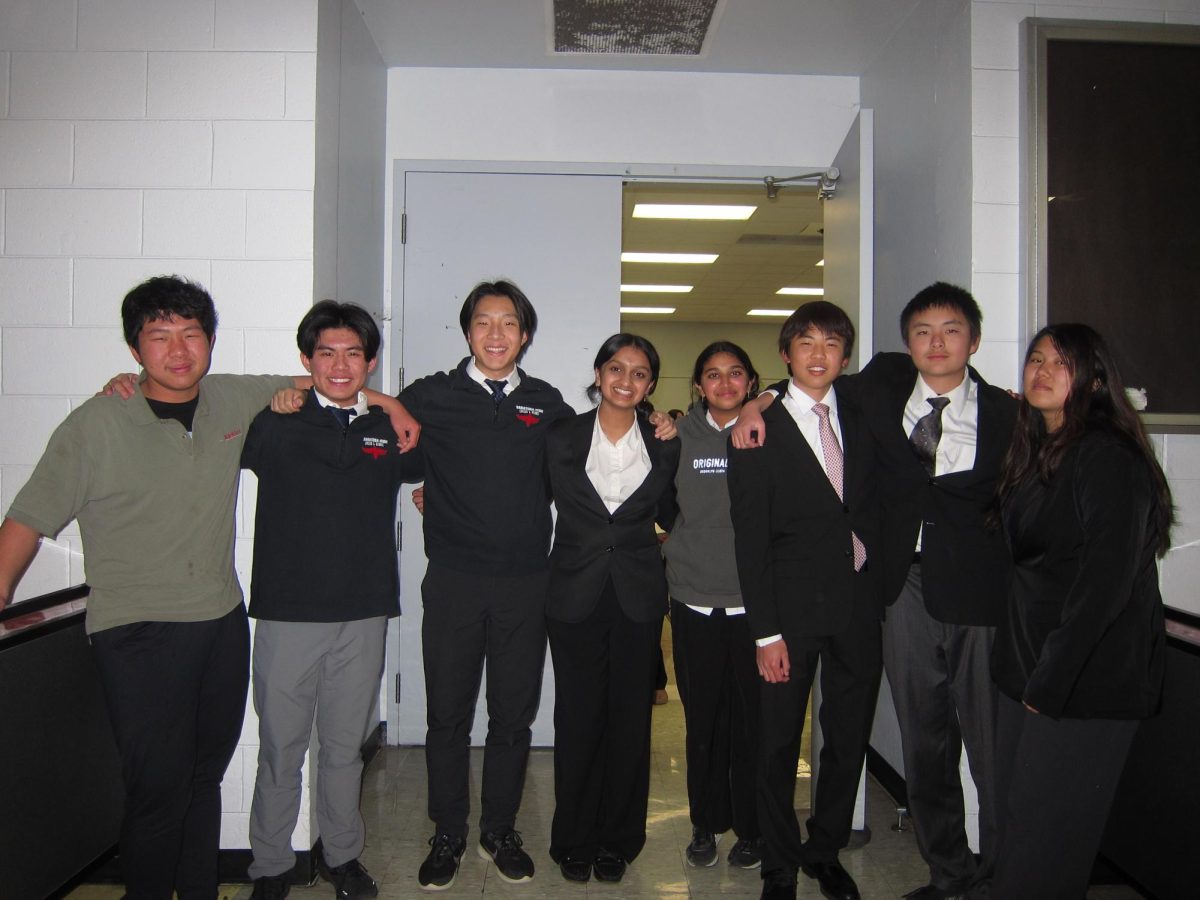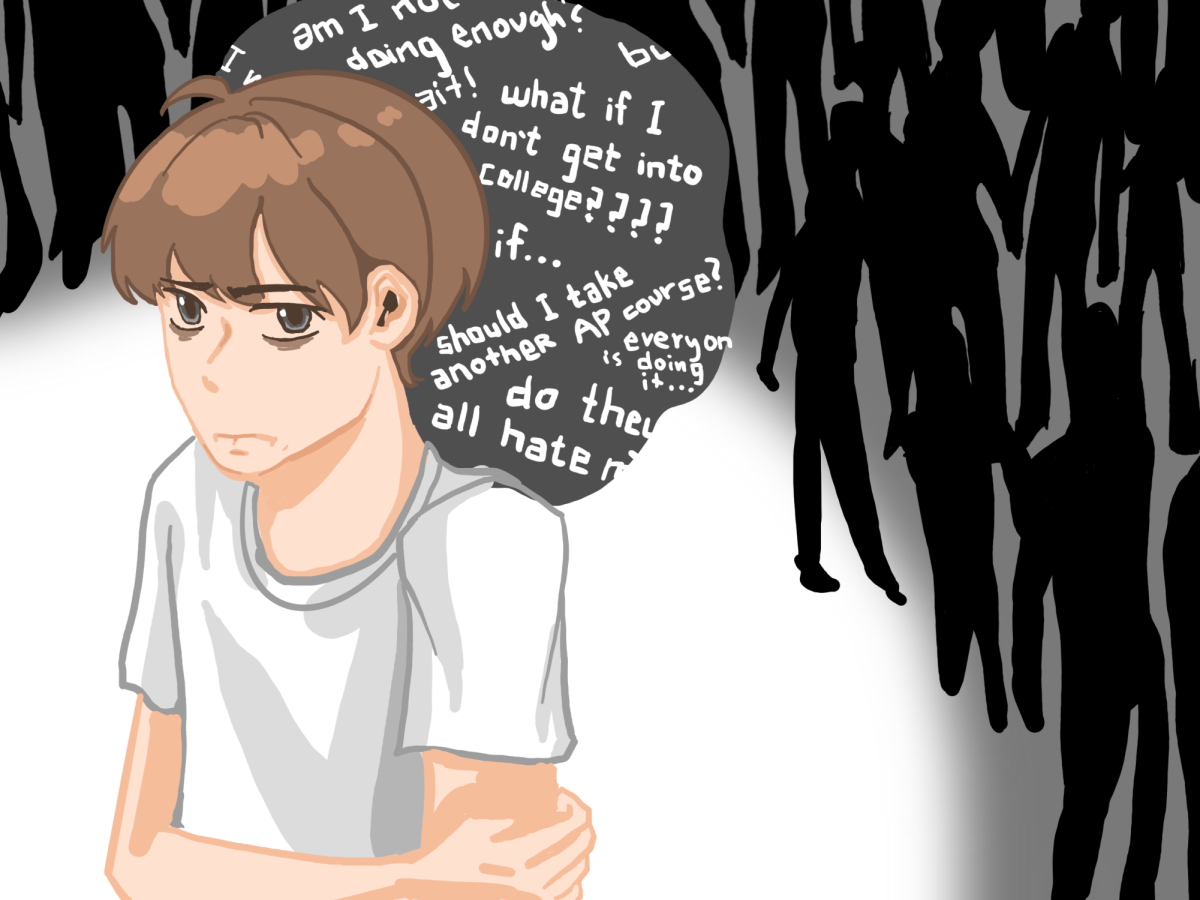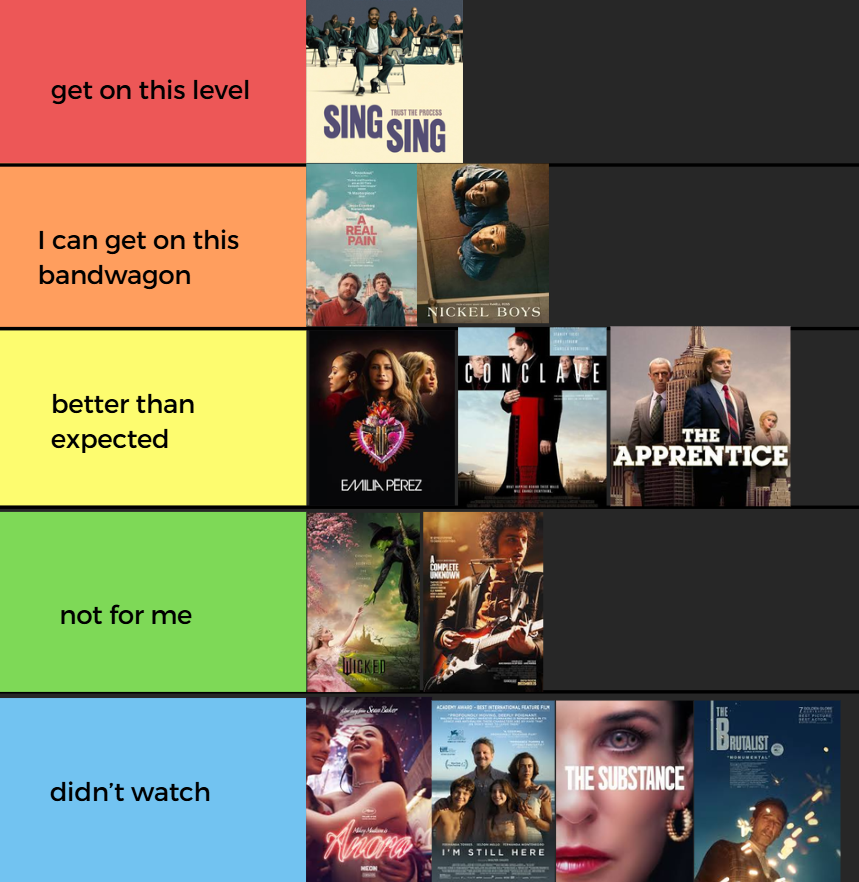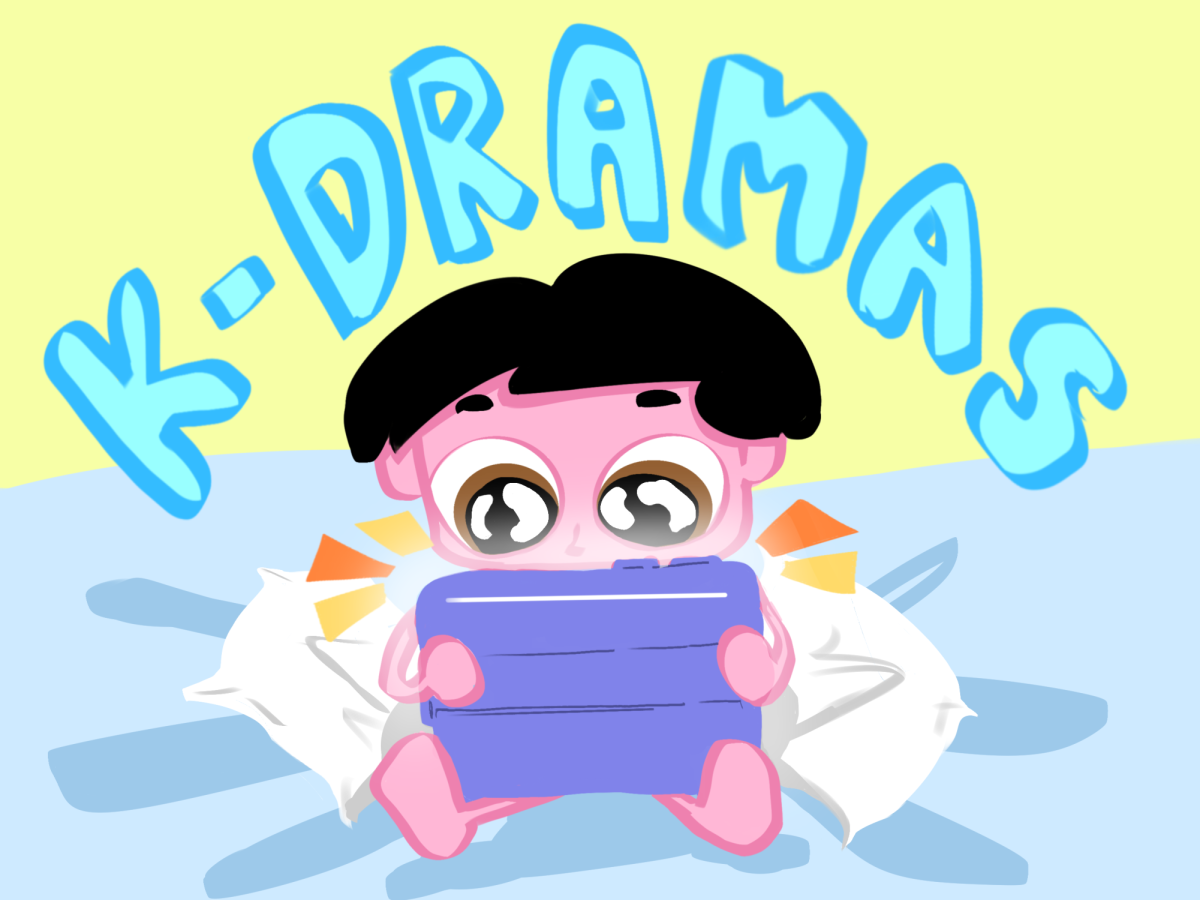“Why do I have to go to school? I’m never going to use the law of sines.”
Many of my friends used to complain about the stupidity of completing school work such as tedious physics labs and long English readings. For my younger self, going to school seemed absolutely unnecessary because many topics that we learn are not related to my areas of interest or my dream career. To this, my parents always replied with “you’ll understand when you’re older.”
Now that I’m older, I do understand: the value of education does not lie so much with the content of lessons. Rather, it comes from the problem-solving process and the act of learning itself.
Regardless of whether students are solving chemistry problems or annotating a reading in history class, one of the biggest values that education can bring is teaching students how to tackle problems.
For example, though it’s unlikely that I’ll ever need to know how the electron transport chain works in cellular respiration in my future work, understanding the system and how it functions has taught me critical thinking and a new perspective on how the human body functions. According to University of Waterloo, teachers actually often deliberately teach problem-solving rather than specific problems because it prepares students to stay on their toes and enhances career readiness while also improving academics.
Problem-solving also helps students develop resilience to barriers — a skill which, according to Colorado State University, is commonly exhibited by successful people. Solving difficult problems is a task that requires multiple trials and errors, and sometimes even the work of groups of people coordinating their efforts. Current education allows students to develop this perseverance, even teamwork, necessary to solve these problems.
Another value that education brings, which is often overlooked, is that it can teach students how to self-study. Especially in an online setting, students are often forced to learn concepts asynchronously by reading ahead or by watching videos to reinforce their understanding, which allows for efficient absorption of class material.
Ultimately, education doesn’t only teach students math or science — it prepares and trains students to innovate and become the problem-solvers of the future. So before complaining about having to memorize the law of sines again, try to also remember the hidden yet powerful skills you’re developing through education.


























